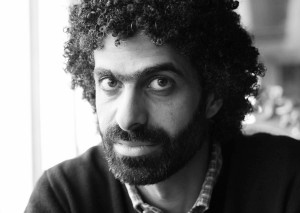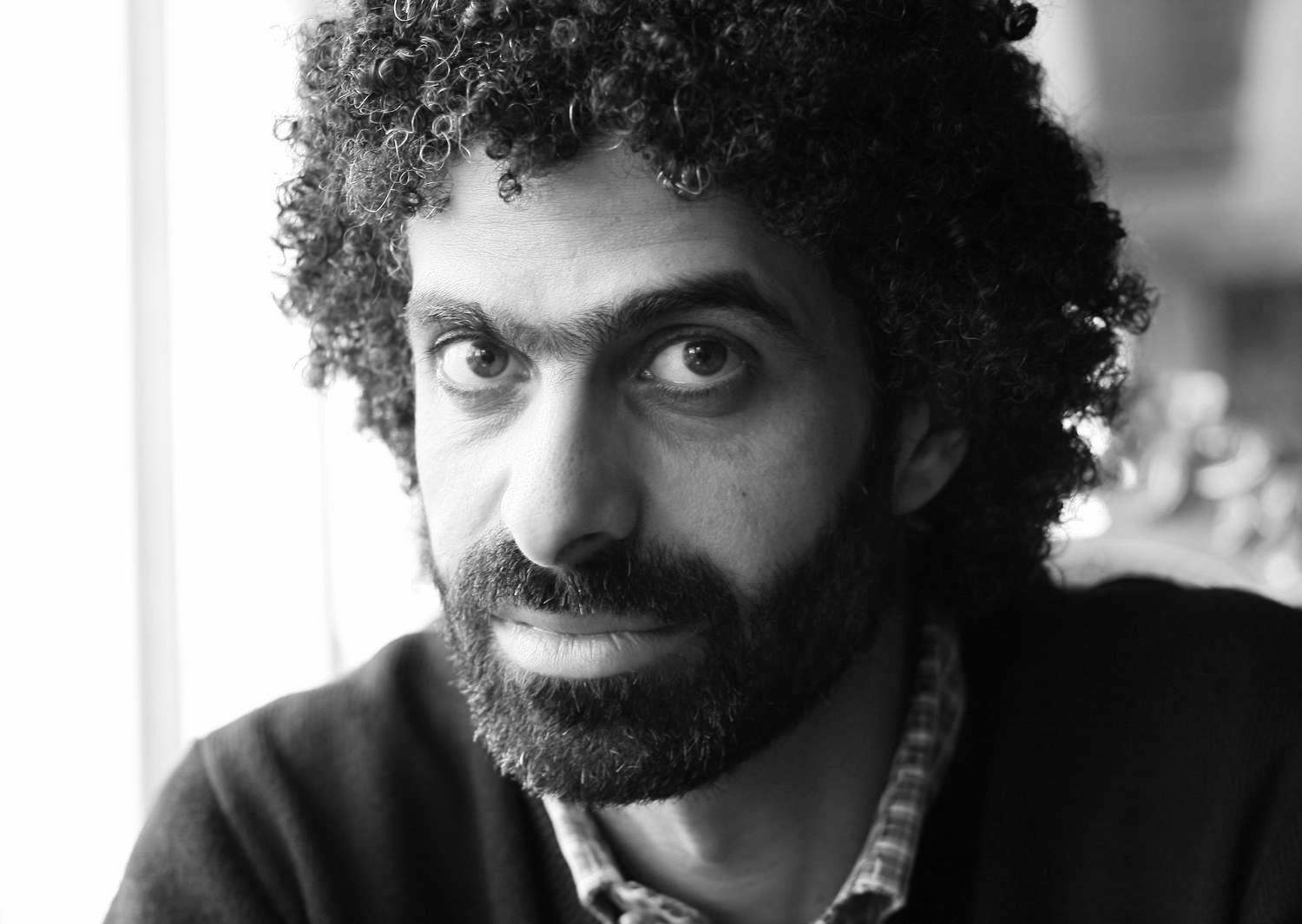 On the second anniversary of the military-Islamist orchestrated referendum of 19 March 2011, deliberately putting the cart in front of the horse in post-Mubarak’s state rebuilding, one should always remember that Egypt is choosing the long path to meet the demand of the revolution and will suffer the consequences. It is clearly one of those revolutions that takes years to process.
On the second anniversary of the military-Islamist orchestrated referendum of 19 March 2011, deliberately putting the cart in front of the horse in post-Mubarak’s state rebuilding, one should always remember that Egypt is choosing the long path to meet the demand of the revolution and will suffer the consequences. It is clearly one of those revolutions that takes years to process.
25 January 2011 was not the beginning. It was just the spark of a larger-scale revolutionary process, while the fall of Mubarak definitely was not the end, as the military and the Muslim Brotherhood (MB) are trying to market.
It is all about phases and levels in a long complex revolutionary game, whether the military, the MB and the stability-hungry Couch Party like it or not. People’s aspirations are simply beyond these entities’ capacity to control or suppress.
The period between 2008 (and maybe earlier) and 2011 was the warm-up phase of the revolution. Mubarak’s fall marks the revolution’s level I, while level II apparently is in the making and waiting for the right spark. Details of the build-up stage are very similar in concept, but maybe different in the level of complexity, chaos and normality of violence.
Economically speaking, people are still suffering under the same principals of economic injustice and corruption. Gamal Mubarak’s new economic laws introduced in 2004 are no different to Khayrat El-Shater’s model introduced after 2011. The economic reasons for frustration that pushed the people to the streets in 25 January are still the same or even harsher, given the current miserable economic performance of the country.
Opposition under Mubarak was a non-representative political entity of the people. But is today’s opposition a representative one? Definitely not. The average citizen has obviously lost faith in opposition figures of all stripes due to their miserable performance and fragmentation since Mubarak’s fall. Their stance first on the military, then later on the MB and now on this chaos is creating nothing but anger in the streets.
The difference in political practices between the National Democratic Party (NDP) and the Muslim Brotherhood (MB) is not huge when it comes to the issue of parliamentary elections.
In 2010, the NDP insisted on holding elections in the middle of political chaos, full of uncertainties and in the absence of major players, which was one of the reasons for increasing frustration in the streets. Today, the MB also insists on having parliamentary elections held as soon as possible, despite the legislative deficiencies as identified by the Constitutional Court. The MB has been seen using the same loyalty-buying tactics as the NDP: your vote for cooking oil and sugar.
At the beginning of January 2011, the security forces knew there was something brewing in the streets. Obviously, they did not know how big it would be. No one did. But they had a high level of brutal and blunt confidence that they would manage. They thought it was just about some kids that they would beat up a little and arrest some; then the rest would chicken out and run home. Well, that was not the case after all and the security heroes were the ones running home and hiding from those kids.
With a much higher level of complexity, today might be a similar situation. The security mentality has definitely changed in relation to their confidence in their ability to suppress young protesters. However, there is a new element here since the expansion of Islamist power in the political scene of Egypt.
I think the Islamist groups, networks, and brainwashed supporters are very confident that in the worst case scenario, when people head again to the streets en masse for the same obvious reasons as pre-2011, they will step into support the riot police and teach those “corrupted and lost young Muslim revolutionaries” a lesson. And they believe they have enough power and agency to do so, and that it is their legitimate duty to defend the newly-born Islamist project.
It is nothing but another classic example of delusional belief in power and control. They have to learn from their experience at the Itihadiya presidential palace clashes in early December 2012, when they attacked protesters camped there in opposition to Morsi’s controversial presidential decree. They managed for the first time after Mubarak’s fall to unite the people against them and cause a significant loss in popularity, even among your average conservative citizens.
The stage seems to be more than ready for another massive wave of protests. Maybe even a more violent wave. There is enough tension in the air for something to explode when ignited by the right spark. But what is the right spark? Here is the question that no one will ever have an answer to until it happens. Sparks act unexpectedly, as we have learned since the breakout of the Arab uprisings.
Mohamed Bouazizi set himself on fire, sparking a whole revolution in Tunisia. Several frustrated Egyptian citizens performed the same desperate act in the two weeks following Ben Ali’s escape and nothing happened.
Images of Khalid Said, brutally murdered by security forces, were meant to simply bring awareness to the people that they should not accept such practices any longer. It went far beyond this initial goal and toppled one of the most locally and internationally-supported dictators.
A few weeks ago images of Mohamed El Gendy, a kidnapped protester tortured to death by security forces, were all over the media. His manner of death was very similar to Khalid Said’s story. Nothing happened.
Egypt is clearly on the verge of level II for the revolution, this time with more complexities and the advanced skills gained in the past two years by all players. It is just a matter of the right spark that no one can expect or foresee.




